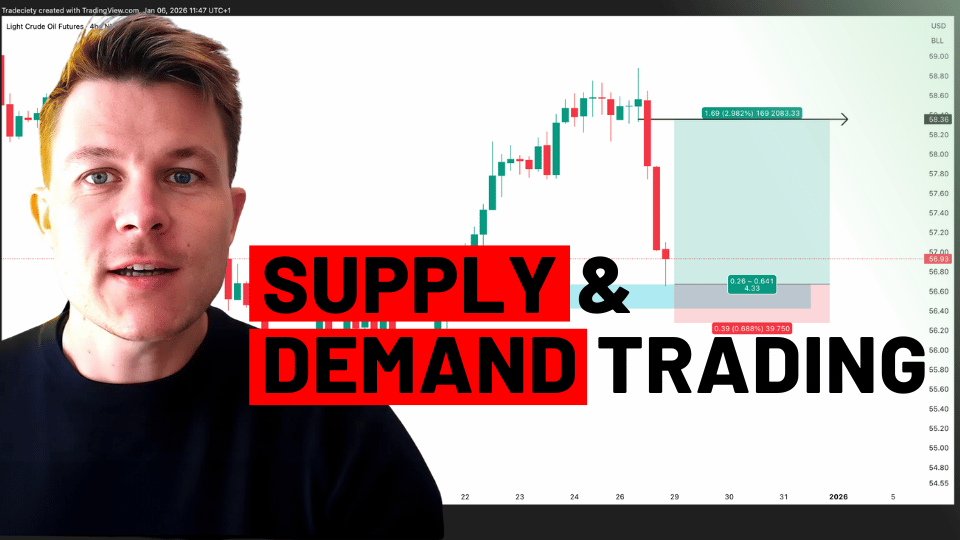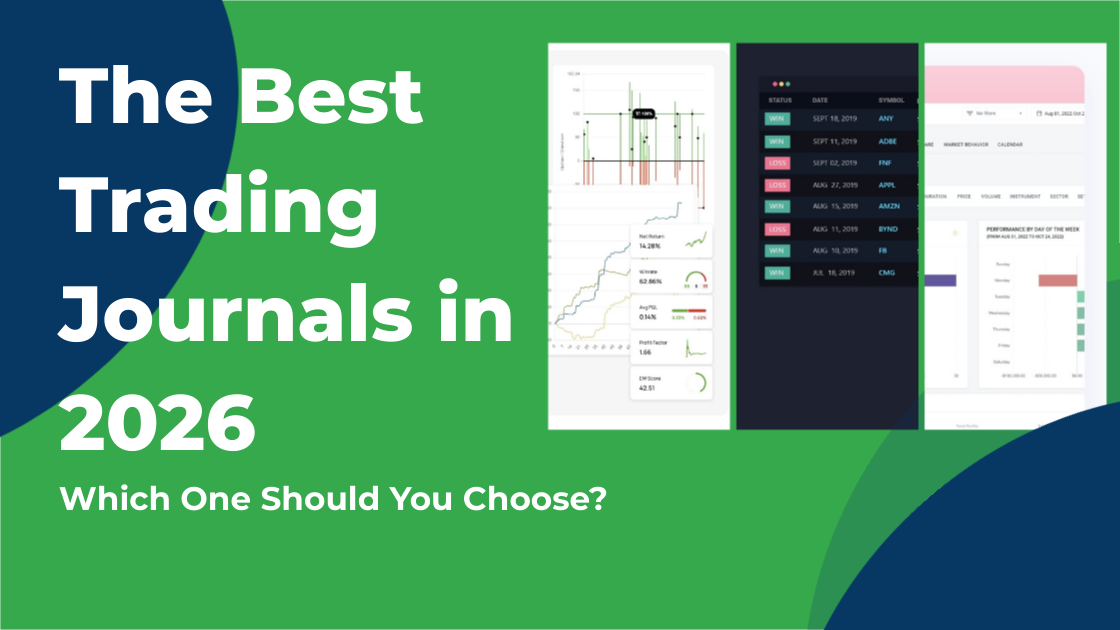Supply and Demand Trading in 2026
We have been trading supply and demand strategies for over ten years, and they have stood the test of time remarkably well. Supply and demand is...
Emotions are without a doubt among the most influencing factors for traders and how traders handle emotions in their trading determines whether or not they can be profitable over the long term. In the psychology section of the Tradeciety Academy we analyze the emotions and psychologically caused impacts that traders have to deal with on a daily basis and how they can manage emotions in trading more effectively.
Fear is one of the two most frequently talked about emotions in trading (greed, which comes next, is the other one). Fear manifest itself in a number of ways in trading and it can be the cause of many trading mistakes.
The fear of losing lets traders delay the realization of a loss, which then turns into much greater losses, and the fear of giving back profits which make traders close winning trades too early. There are many facets of fear in trading as we will see later on.
Greed is supposed to be good, but when we look at the hard facts, greed often causes a number of impulsive trading decisions that should be avoided.
Traders who are influenced by greed often don’t adhere to sound risk and money management principles. Greed also reinforces the gambling mindset which describes trading without set rules and based on impulsive decisions.
Hope, fear and greed often come hand in hand. Traders who are in a losing position often show signs of hope, when they delay the realization of a loss and give a trade more room to breathe. Another example of hope is when traders try to make up for past losses and then enter a trade with a position that is too big and not according to their rules.
Any touch of arousal when trading is a sign that somewhere along the lines, you went wrong. When you are overly anxious when you are in a trade, it is often a sign that your position is too big, you broke your rules or that you shouldn’t be in that trade.
Keeping track of your arousal level and asking yourself why you feel anxious or excited can often help you get out of trades where you shouldn’t be in the first place.
Although boredom is more a current state than an emotion, it is worth pointing it out. Traders who are bored also often lack focus. A sign that you lack focus is when you find yourself going through the same instruments and time-frames over and over again without really knowing what you are looking for. Also, when you miss trade entries, because you weren’t paying attention, browsing the internet or doing something else is a sign that your focus is not where it should be.
Get your priorities straight and when you are trading, don’t engage in any other activities.
Frustration is often the cause of trading mistakes that result from any of the previously mentioned emotions. When traders miss trades, violate their rules and lose money, take too much risk and lose too much money, or see what they should have done, frustration starts to take over. Frustration then reinforces all the bad negative behavior patterns that a trader struggles with anyways and intensifies the problems a trader has.
In the next section, we provide a way how you can identify the emotions that are impacting your trading behavior so that you can control and manage them more effectively and avoid unnecessary mistakes.

We have been trading supply and demand strategies for over ten years, and they have stood the test of time remarkably well. Supply and demand is...

3 min read
Choosing the right trading journal is essential for traders wanting to analyze performance, refine strategies, and improve consistency. In this...

3 min read
“95% of all traders fail” is the most commonly used trading related statistic around the internet. But no research paper exists that proves this...